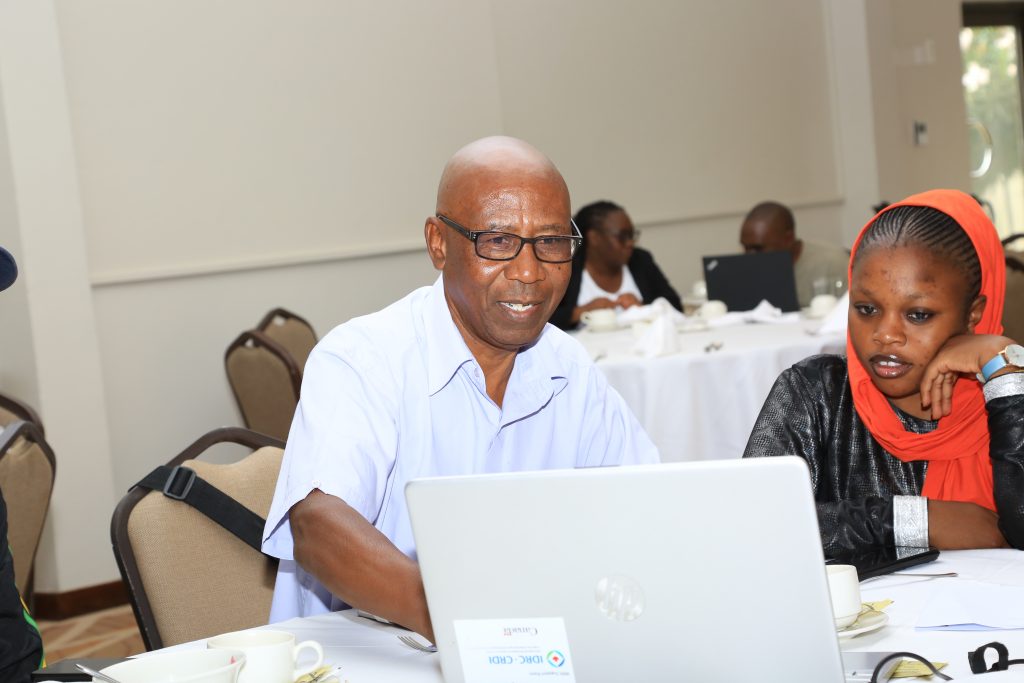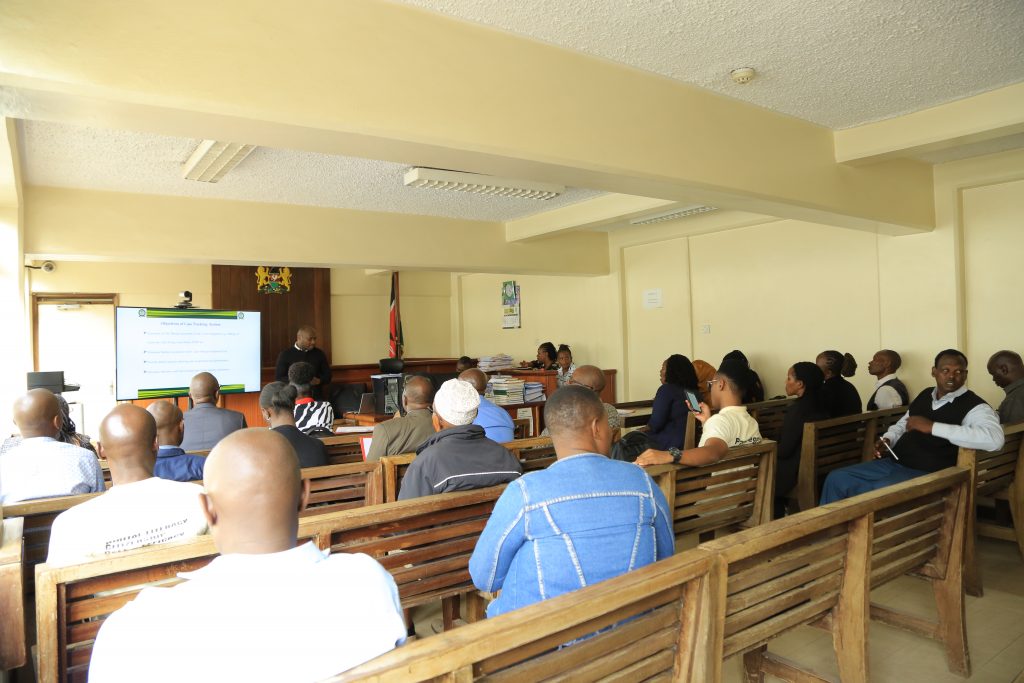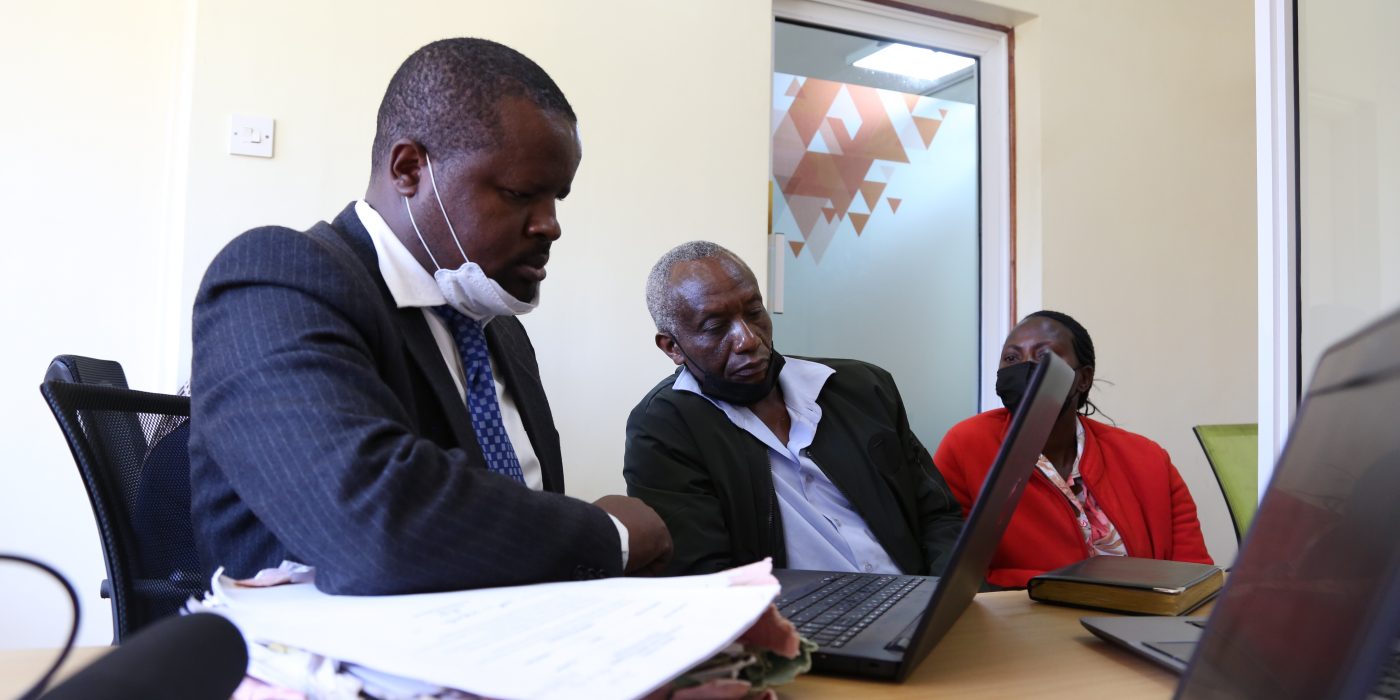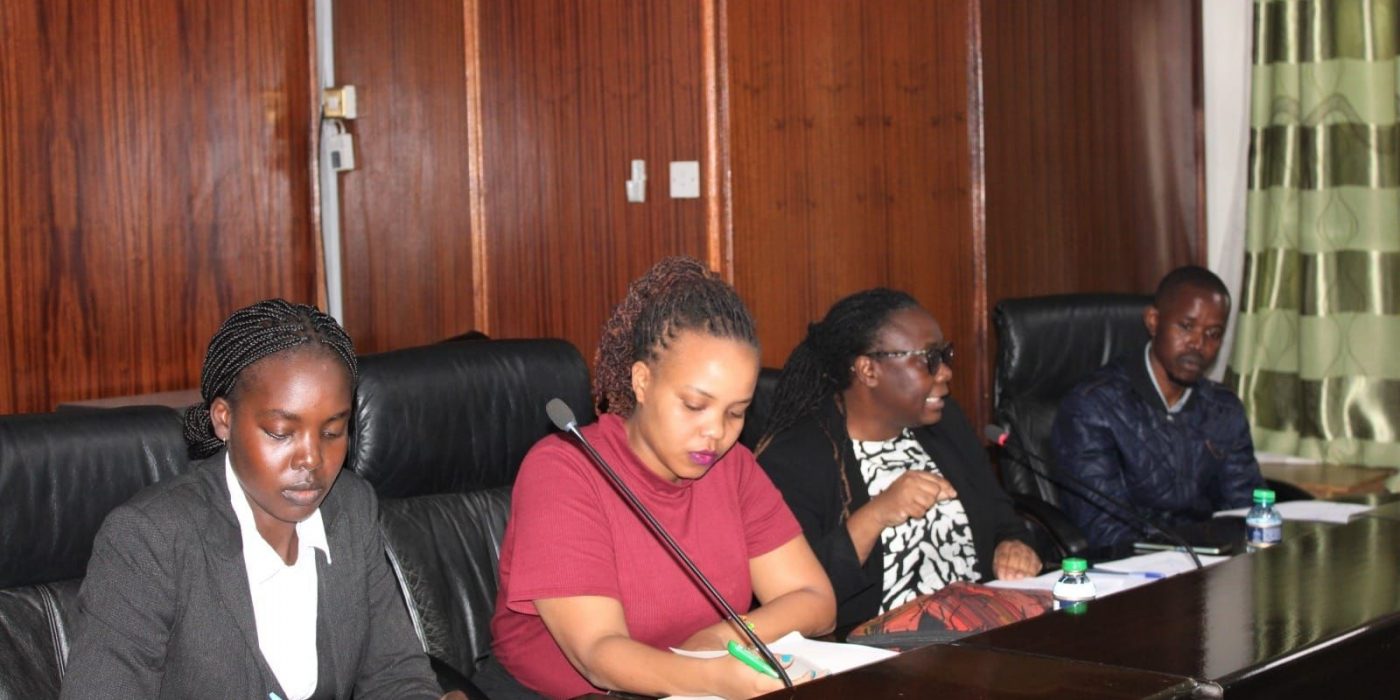Kenya can learn a lot from Rwanda on digitizing Justice
The plan by the Judiciary to set up court registries at selected Huduma Centre has continued to receive opposition from lawyers across the country. The lawyers, who have opposed the plan have argued that the move will open doors for quacks to interfere with the independence of the Judiciary. They further argue it will increase unethical practices, questioning why the Judiciary was quick to implement the plan without sufficient consultation at a time when concerns were rife that the Judiciary was under the executive’s chokehold.
On the other hand, the Judiciary says it is seeking to leverage the success of the Huduma Centers and particularly the technology deployed to enhance access to justice by Kenyans.
Kituo cha sheria conducted a comparative study with Rwanda on how technology had impacted the Justice sector. These perhaps could illuminate on the foregoing
The outbreak of the COVID-19 pandemic emphasized the importance and the urgency of transforming justice systems and delivering public services online not only in Rwanda but all over the world. Having begun the journey of digital transformation, the justice sector in Rwanda no longer relies on manual, paper-based case processes. The Judiciary’s use of an online case management solution kept courts, as well as other agencies, functioning during the COVID-19 pandemic and this supported the goal of making the justice system more accessible and efficient to all.
Integrated Electronic Case Management System (IECMS) in Rwanda

Rwanda has an Integrated Electronic Case Management System (IECMS) which serves as the single point of entry for all Justice Sector institutions involved in managing cases. The system records all judicial case information from the time a plaintiff files a case be it a civil or a criminal suit. This goes in the entire judicial process the time of arrest through sentence execution, efficiently sharing that information among all relevant sector institutions.
The Ministry of Justice Rwanda partnered with Cyber Café Agents to support filing of cases. Through the cyber cafes, members of the public are able to file cases by the assistance of government trained cybercafé agents. Kenya has an opportunity to tweak this, a similar arrangement that of Huduma Centre where government e-services can be obtained. It is important to note that there is no system that is fallible. Any invention will come with its equal share of challenges and resistance.
Back home, as part of Kenya’s Judiciary digital strategy, an e-filing system was rolled out to improve the courts’ efficiency, reduce case backlog and yield faster results for users Launched in 2020, the system aimed to simplify procedures for both the judiciary and court users by enabling citizens to file, pay court fees and access their cases remotely through online processes. However, the system unfortunately did not integrate other institutions in the justice sector.

It can be argued that Kenya and Rwanda have varying socio-political contexts however this offers an invaluable lesson. Any responsible government ought to surmount the obstacles in order to provide the much needed services to its citizenry. Kenya one of the most progressive constitution in the world yet the same document recognizes that the three arms of government are inter-dependent in as much as they are independent.
It behooves upon three arms of government together with The law society of Kenya to be pragmatic to chart the way forward. This should be fast and foremost in the interest of Wanjiku.
The fears of the lawyers on their livelihood whether founded or not should be addressed adequately. It is also important for them to be outward looking and see the big picture. The digital age will deconstruct some of the long held norms and traditions in various professions. Improved access to justice for all is a win win for all.
By James Adala a researcher working as a Programs Officer at Kituo cha Sheria.


